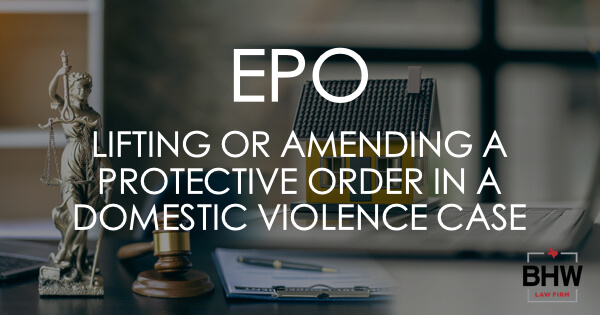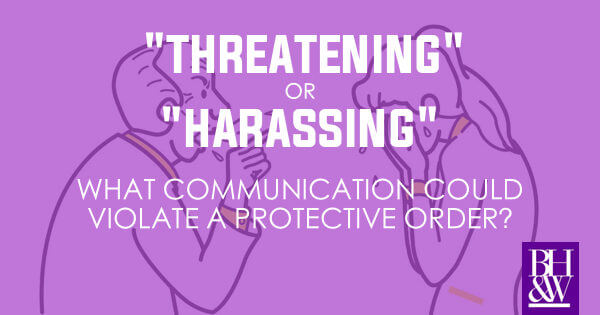If You Lie or Exaggerate in a Police Report or File a False Report, You Could be Charged with a Class B Misdemeanor
 As Fort Worth criminal defense attorneys, we are often asked by witnesses and victims what might happen if it comes to light that the story they told the police was not exactly true. We often see this in Domestic Violence cases, when a victim decides that the statement he or she gave on the night of the incident was perhaps embellished a little during a fit of anger. Witnesses later become fearful when they realize they might have to take the witness stand and give a different (truthful) account of the event. They worry that they might be charged with a crime themselves for filing a false police report.
As Fort Worth criminal defense attorneys, we are often asked by witnesses and victims what might happen if it comes to light that the story they told the police was not exactly true. We often see this in Domestic Violence cases, when a victim decides that the statement he or she gave on the night of the incident was perhaps embellished a little during a fit of anger. Witnesses later become fearful when they realize they might have to take the witness stand and give a different (truthful) account of the event. They worry that they might be charged with a crime themselves for filing a false police report.
Filing a False Police Report in Texas | Texas Penal Code Section 37.08
Section 37.08 of the Texas Penal Code provides:
(a) A person commits an offense if, with intent to deceive, he knowingly makes a false statement that is material to a criminal investigation and makes the statement to:
(1) a peace officer or federal special investigator conducting the investigation; or
(2) any employee of a law enforcement agency that is authorized by the agency to conduct the investigation and that the actor knows is conducting the investigation.
Filing a false report under Section 37.08 is a Class B Misdemeanor, punishable by up to 180 days in jail and a fine up to $2,000.
*Filing a false report about a missing child or missing person is a Class C offense, punishable by fine only.
Charges for Filing a False Report Do Not Happen Very Often in Texas
In our line of work, we see false reports on a daily basis. Be they embellished statements, outright lies, or statements that simply omit important details, false reports happen all the time. In over 10 years, we have yet to see a case filed on a victim or witness for filing a false report or giving a false statement. While we’re sure it has happened, it doesn’t happen very often in our experience. Perhaps it is because the state does not want to chill victims from reporting or because no one knows which story was actually true. Either way, it is unlikely that a victim or witness who changes their story is going to be charged with an offense. Regardless, we always tell witnesses to simply TELL THE TRUTH. If you tell the truth, even if the truth has changed since the first time you told the story, you’ll probably be in good shape.
*Note: this post does not discuss the offense of Perjury, which is a separate offense involving swearing to a false statement. See Texas Penal Code Section 37.02.










